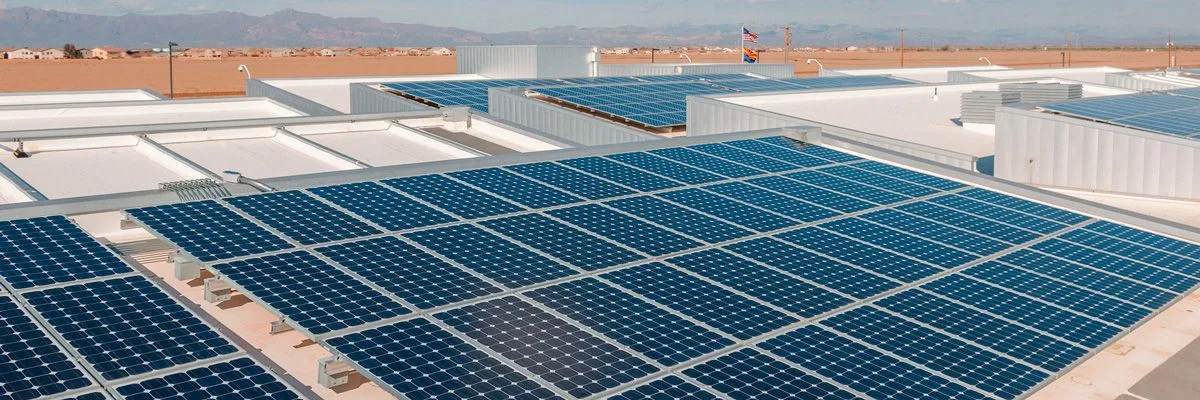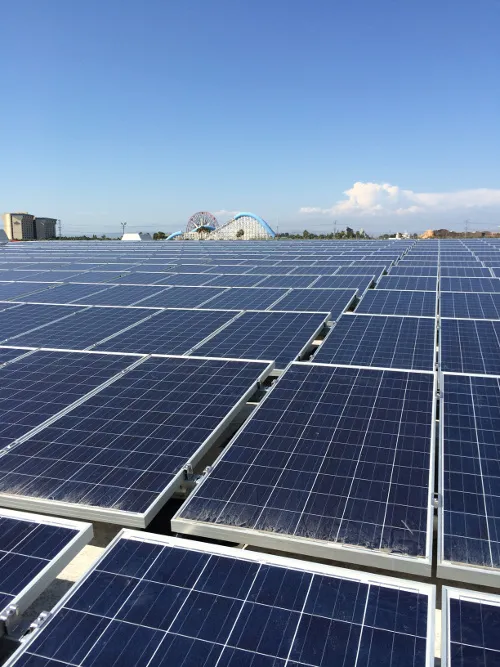Solar panels have emerged as a revolutionary technology in the quest for renewable energy sources. These photovoltaic marvels are transforming the way we generate electricity, offering a clean and sustainable alternative to traditional fossil fuel-based energy production. In this article, we will explore the benefits, working principles, and potential of solar panels in shaping a greener future.

Harnessing the Sun's Energy
Solar panels, also known as photovoltaic (PV) panels, are designed to convert sunlight into electricity. They consist of multiple interconnected solar cells, usually made of silicon, which have the ability to generate an electric current when exposed to sunlight. This phenomenon, known as the photovoltaic effect, forms the basis of solar power generation.
Clean and Sustainable Energy
One of the most significant advantages of solar panels is their environmental friendliness. Unlike conventional energy sources, such as coal or natural gas, solar energy does not produce harmful greenhouse gas emissions during electricity generation. By opting for solar panels, we can reduce our carbon footprint and combat climate change.
Renewable and Abundant
The sun, our ultimate energy source, provides an unlimited supply of energy. Solar panels allow us to tap into this vast resource by converting sunlight into usable electricity. As long as the sun shines, we can continuously harness its power, making solar energy a truly renewable and sustainable solution for our energy needs.
Cost-Effective Solution
While the initial cost of installing solar panels can be substantial, the long-term benefits outweigh the investment. Solar energy has become increasingly affordable over the years, with advancements in technology and manufacturing processes driving down costs. Moreover, solar panels have a lifespan of 25-30 years, requiring minimal maintenance and offering significant savings on electricity bills in the long run.
Versatility and Accessibility
Solar panels can be deployed in various settings, from individual residences to large-scale solar farms. They can be mounted on rooftops, integrated into building facades, or placed in open fields. This versatility makes solar energy accessible to a wide range of users, whether it's a homeowner looking to reduce their reliance on the grid or a developing nation seeking to expand its energy infrastructure.
Energy Independence
Solar panels provide a degree of energy independence by reducing dependence on traditional energy sources. With solar power, individuals and communities can generate their electricity, reducing vulnerability to energy price fluctuations and power outages. Additionally, excess energy produced by solar panels can be stored in batteries or fed back into the grid, further enhancing energy self-sufficiency.

Overall we can say that solar panels have transformed the energy landscape by offering a clean, sustainable, and accessible solution for power generation. They harness the abundant energy of the sun, contributing to the global transition towards renewable energy sources. As technology continues to advance, solar panels hold immense potential to reshape our future, mitigating climate change and building a more sustainable world for generations to come.